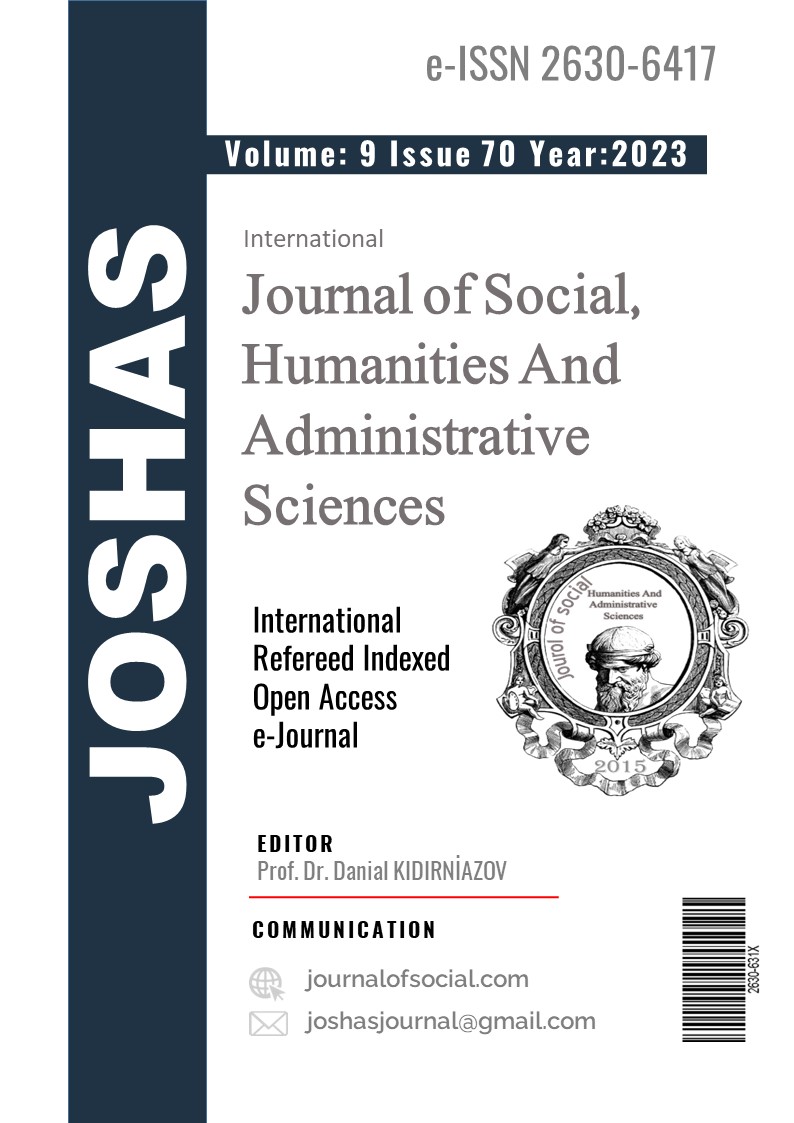Author :
Abstract
Muhammed Ferid Vecdi (1878-1954), kelam ilmi açısından yeni arayışlar dönemi olarak nitelenebilecek bir dönemde, anılan arayış faaliyetlerinin yoğun yaşandığı Mısır’da yaşamıştır. Kendisi, benzeri pek çok Arap âliminde görülen nakilci yaklaşımı benimsememiş, İslami konularla ilgili olarak doğrudan ve çok yönlü olarak fikir imalinde bulunmuş mütefekkir bir şahsiyettir. İtikadi meselelerle ilgili olarak mevrusu/geleneği değerlendirmekle birlikte eleştiriye de tabi tutmuştur. Ona göre genelde imani meseleler, özelde de nübüvvet ve ona müteallik vahiy ve mucize gibi konularda bu gün yeni sorular ve şüpheler ortaya çıkmış bulunmaktadır. İmani meselelerde ortaya çıkan yeni soru ve şüphelerin kaynağı da elbette Batının materyalist ve pozitivist felsefeleridir. Batıdan gelen itikadi şüpheler özellikle gençlerin zihin dünyalarında iz bırakmaktadır. Bu sorulara geçmiş ulemanın verdikleri cevaplar -Ferid Vecdi’ye göre- artık yetersiz kalmakta, gençlerin zihinlerindeki şüpheleri izale edememektedir. Dolayısıyla bu gün Batının modern biliminden, özellikle deneysel tecrübelerinden de istifade edilerek kelami meseleler etrafında ortaya çıkan soru ve şüphelere mukni cevaplar aranmalıdır. Yoksa gençler çevre etkisiyle dışa vuramadıkları inanç sorunlarını iç dünyalarında bastıracaklardır. Fakat bir süre sonra bu sorunlar zihinlerde sığışmayacak ve bir gün kendilerini mutlaka dışarıya vuracaklardır. Bu makalede müellifin özellikle mucizeler etrafında ileri sürdüğü fikirler ele alınacaktır. Bu konunun ele alınması bir kelam âliminin tecdit arayışını tebellür ettirmeye matuf olarak kelam ilmine ilmi bir katkı ortaya koymakla birlikte aynı zamanda başta Şeyhülislam Mustafa Sabri Efendi olmak üzere pek çok yazar tarafından Muhammed Ferid Vecdi’ye yöneltilen ‘mucizeleri inkâr ediyor olma’ ithamının da hakikatini ortaya koymuş olacaktır ki mesele iddia sahiplerinin vurguladıkları gibi değildir.
Keywords
Abstract
Muhammed Ferid Vecdi (1878-1954) lived in Egypt at a time when new search activities about the science of kalam were intense. He did not adopt the approach of conveying knowledge seen in many Arab scholars but made direct and versatile opinions on Islamic issues. Besides taking the tradition into account regarding the issues of creed, he also subjected them to criticism. According to him, new questions and doubts have arisen today in matters of faith in general, and in particular about prophethood and related concepts like revelation and miracles. The source of new questions and doubts that arise in matters of faith is, of course, the materialist and positivist philosophies of the West. Doubts about faith, which are caused by Western philosophy leave traces especially in the minds of young people. According to Ferid Vecdi, the answers given by the previous scholars to these questions are no longer sufficient, and they cannot clear the doubts in the minds of the youth. Therefore, today, by making use of the modern science of the West, especially from its experimental experience, permanent and satisfactory answers should be sought to the questions and doubts that arise around theological issues. Otherwise, young people will suppress their belief problems in their inner world, which they cannot express with the influence of the environment. However, after a while, these problems will not fit in the minds and one day they will definitely come out. In this article, the ideas put forward by the author, especially around miracles, will be discussed. The analysis of this subject not only makes a scientific contribution to the science of kalam and crystallizes a kalam scholar’s efforts for tajdid, but also reveals the truth about the accusation that Vecdi denies miracles, directed against Muhammed Ferid Vecdi by many writers, especially Sheikh ul Islam Mustafa Sabri Efendi. This research argues that the issue is not as the claimants have emphasized.
